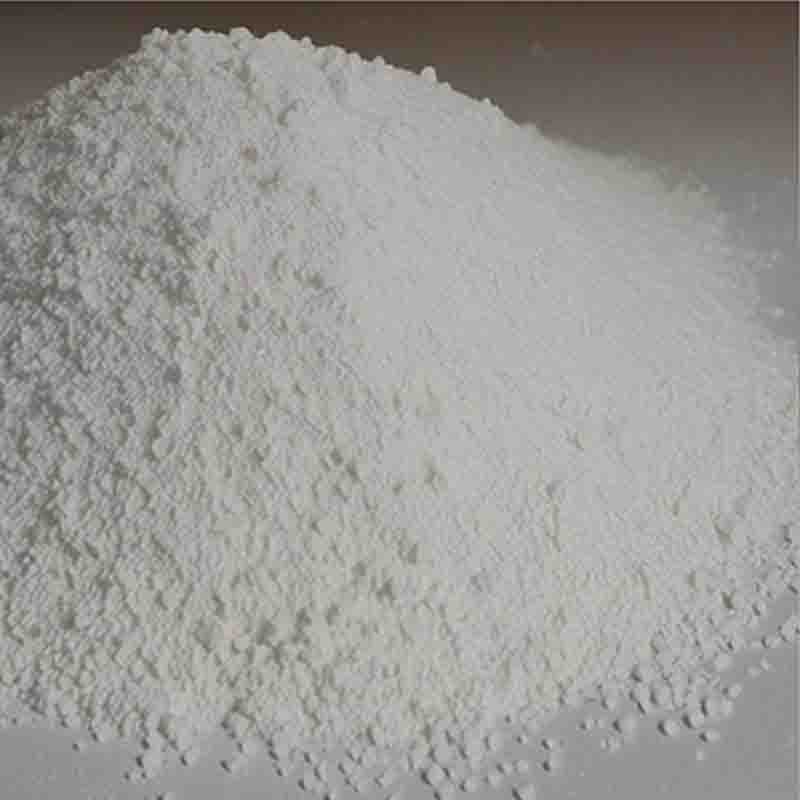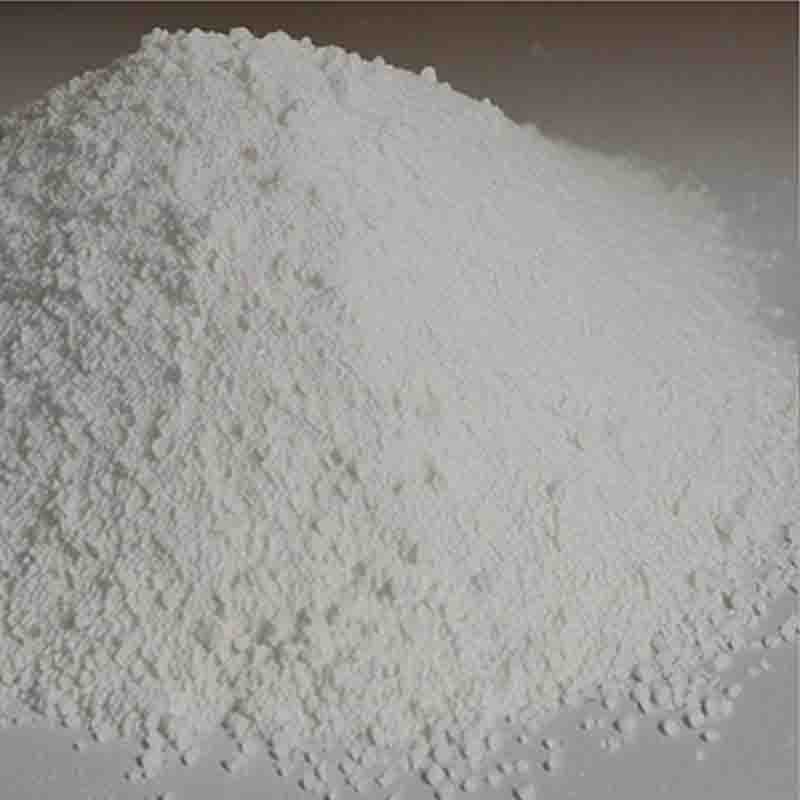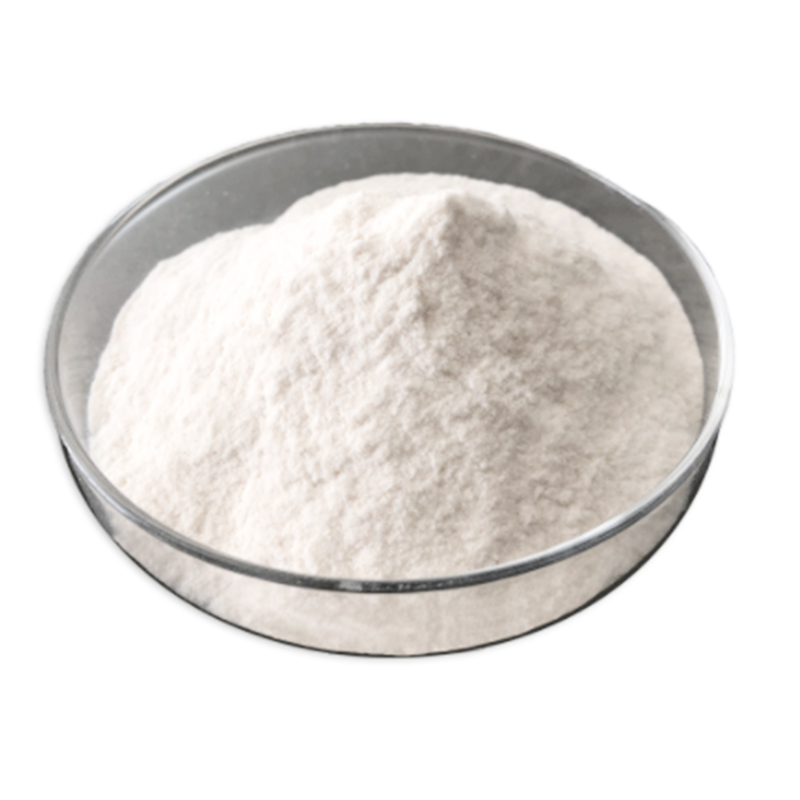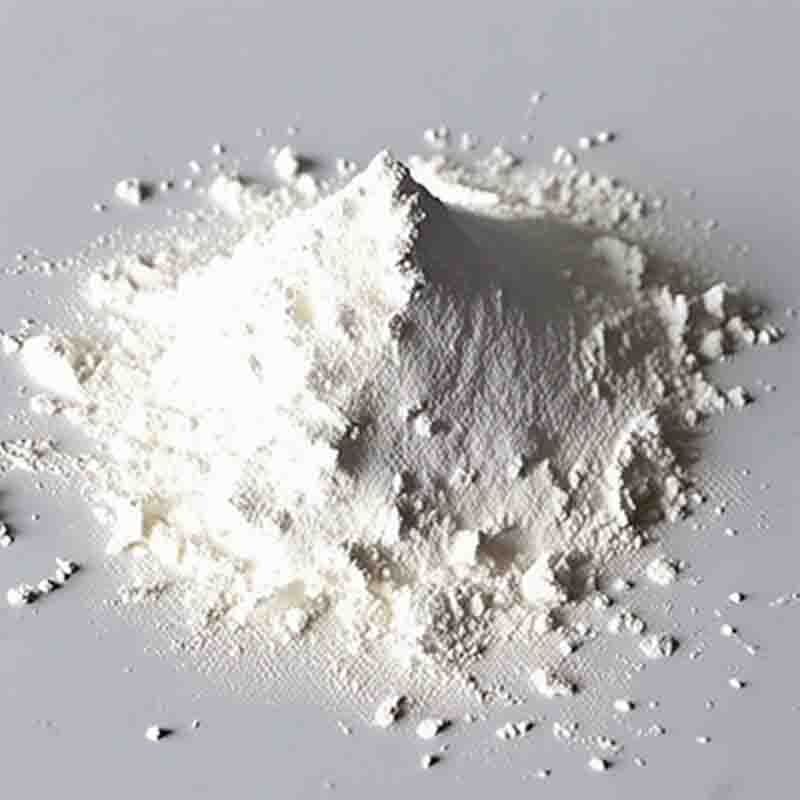Hexahydroisonicotinamide CAS:39546-32-2
| Catalog Number | XD96408 |
| Product Name | Hexahydroisonicotinamide |
| CAS | 39546-32-2 |
| Molecular Formula | C6H12N2O |
| Molecular Weight | 128.17 |
| Storage Details | Ambient |
Product Specification
| Appearance | White powder |
| Assay | 99% min |
Hexahydroisonicotinamide, also known as isonicotinylhexahydropyridine or isoniazid, is a chemical compound that has significant effects in the field of medicine. Its primary effect is its antimicrobial properties, specifically in the treatment of tuberculosis (TB).Hexahydroisonicotinamide is a widely used first-line drug for the treatment of TB, a bacterial infection caused by Mycobacterium tuberculosis. It works by inhibiting the synthesis of mycolic acids, which are crucial components of the mycobacterial cell wall. This disruption weakens the integrity of the cell wall and ultimately leads to the death of the bacteria.In addition to its antibacterial effect against TB, hexahydroisonicotinamide may also have other therapeutic effects. It has been suggested to possess antioxidant properties, potentially contributing to neuroprotective effects. Studies have shown that hexahydroisonicotinamide can scavenge free radicals and reduce oxidative stress, which is implicated in various neurodegenerative diseases like Parkinson's disease and Alzheimer's disease. However, more research is needed to fully understand and validate these potential effects.Hexahydroisonicotinamide is generally well-tolerated, but it can have side effects in some individuals. Common side effects include nausea, vomiting, and liver toxicity. It is also associated with a rare but serious side effect called peripheral neuropathy, which is characterized by numbness, tingling, or pain in the extremities. To minimize the risk of peripheral neuropathy, hexahydroisonicotinamide is often administered with pyridoxine (vitamin B6), which has been found to alleviate this side effect.Another significant effect of hexahydroisonicotinamide is its role as a prodrug. It undergoes metabolic conversion in the body by the enzyme catalase, resulting in the formation of its active metabolite, isonicotinic acid. This conversion is crucial for the antimicrobial activity of the drug.In conclusion, hexahydroisonicotinamide, or isoniazid, is an important antimicrobial agent used in the treatment of tuberculosis. It works by inhibiting mycolic acid synthesis in the cell wall of the bacteria, ultimately leading to bacterial death. It may also possess antioxidant properties and potential neuroprotective effects. However, it can cause side effects, including peripheral neuropathy, and is commonly administered with pyridoxine to minimize these risks. Overall, hexahydroisonicotinamide plays a vital role in the treatment and control of tuberculosis.






![2,3-dichloropyrido[3,4-b]pyrazine CAS:35251-99-1](https://cdn.globalso.com/xdbiochems/白色粉末21797.jpg)


